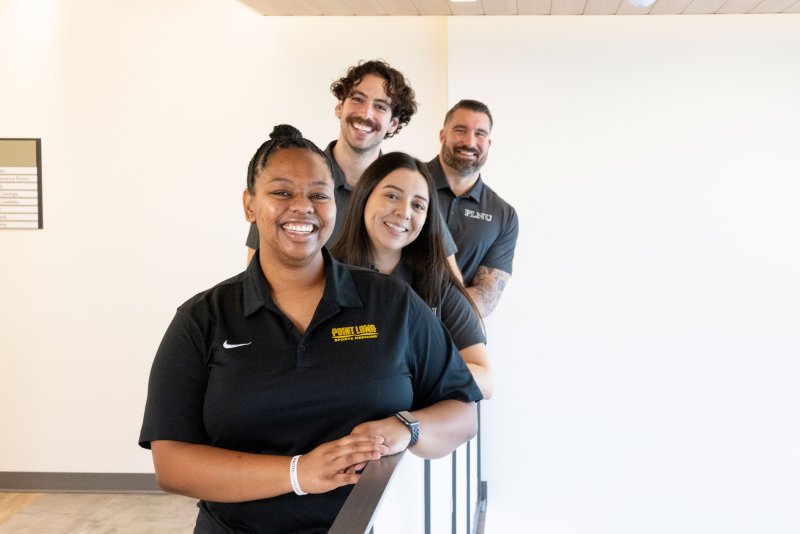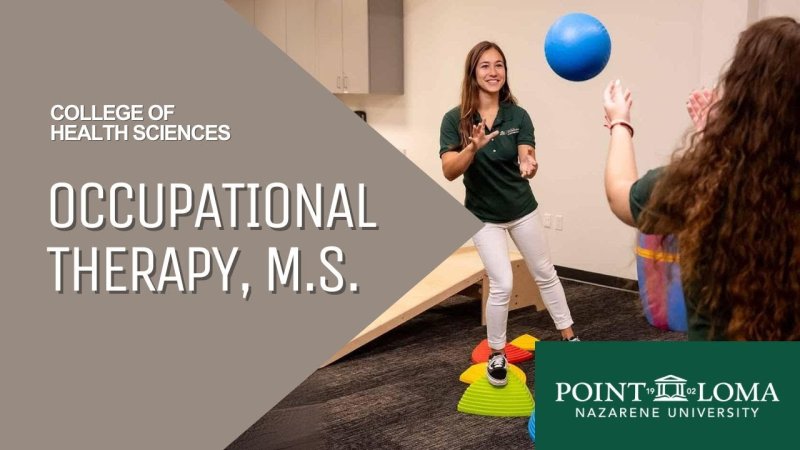
Occupational therapy is a branch of medicine that focuses on helping individuals live well. Occupational therapists (OTs) work in a variety of settings within the health and wellness fields as they pursue the best quality of life for the patients they work with.
OTs make a good salary and often have their pick of locations as they’re needed in every state. It’s important to know that hours in this field can vary and often include working nights or weekends, depending on a patient’s needs. You should also be prepared to go through a number of years of school as well as take the National Board of Certification of Occupational Therapy (NBCOT) exam to become certified and licensed to work in the United States. From there each state may require further licensing procedures.
In general, OTs can find fulfilling, full-time work in hospitals, assisted living facilities or retirement homes, schools, home healthcare settings, therapists’ offices, and other general workplaces.
How to become an OT
The journey to becoming an occupational therapist involves many steps and can take time. You’ll need to earn an undergraduate and graduate degree. You’ll also need to meet certain requirements for licensing and certification. You can expect this process to take anywhere from two to three years to complete. Once you’ve met all of these qualifications you’ll be able to work in one of the most rewarding professions earning a higher-than-average salary.
When choosing programs for your undergraduate and graduate degrees be sure to choose a program that’s certified and accredited by the Accreditation Council for Occupational Therapy Education (ACOTE). There are multiple programs that meet this qualification including new programs like PLNU’s Master of Science in Occupational Therapy. Programs like this offer unique hands-on experience and the chance to learn from industry professionals in a state-of-the-art facility.
Where do OTs work?
OTs work in a variety of professional settings, with most positions related to healthcare settings. You can find full-time work as an occupational therapist in hospitals, retirement homes, or in home healthcare settings. But there are also other career opportunities outside of the healthcare industry such as working in schools at the elementary or secondary level. You can also find work in rehabilitation centers or therapists’ offices. Occupational therapists are also critical in helping individuals with disabilities find ways to adapt to full-time working conditions and be successful in those environments.
What is the average salary for an occupational therapist?
On average, occupational therapists made around $86,000 in 2020. Within the profession, your salary will range depending on location and actual job title. While most OTs work in hospital settings, many also find positions in audiology, speech therapy, and physical therapy settings. According to the Bureau of Labor Statistics (BLS), occupational therapists working in states like Nevada and California can earn up to six figures. However, East Coast states like Maine, New Hampshire, Connecticut, and Massachusetts have the highest concentration of jobs.
Skills needed to be an OT
Occupational therapists are expected to have a wide range of both practical and empathetic skill sets. You should be able to discern a patient’s physical needs while also assessing their emotional and mental abilities to meet those needs in a given moment. As an OT your job is to help patients live life to the best of their current ability. You should have the medical experience necessary to understand the physical body and what it’s capable of. You should also strive to perfect your verbal and written communication skills, especially if you plan to work with children or younger patients. This profession also relies a great deal on observational skills. You’ll need to be able to watch a patient and understand their daily progress as well as their progress over time.
Occupational therapists are expected to have a wide range of both practical and empathetic skill sets. You should be able to discern a patient’s physical needs while also assessing their emotional and mental abilities to meet those needs in a given moment.
Beyond these practical skills it’s also great to have high levels of empathy and organization as well as ability with problem-solving and collaboration. Oftentimes as an occupational therapist you may be asked to work with a team of other professionals who also serve your patient. You’ll need to be able to communicate with them on what you observe as well as advocate for your patient if you see something your colleagues have missed.
That’s why it’s important to seek out the right graduate program for your occupational therapy degree. Programs like PLNU’s Master of Science in Occupational Therapy emphasize both individual and population occupational needs while keeping underserved communities in mind. You can also expect to gain experience with current technology in the field while interacting with other graduate students working in related fields like kinesiology, dietetics, and integrative wellness.
Job outlook for occupational therapists
The job outlook for occupational therapists over the next 10 years is positive. The profession is expected to grow over that time at a rate that’s “much faster than average” according to the U.S. Bureau of Labor Statistics.

